Yesterday, more than 500 industry leaders came together for Foundations and Frontiers 2025 (FF25) at Nissan Arena, hosted by the Australian Constructors Association (ACA). The forum marked a major step forward in the sector’s united push for productivity reform, attracting representatives from major industry associations, state and federal governments, national union heads and a broad cross-section of stakeholders—from contractors and clients to designers, developers, insurers and financiers.
The event built on the momentum of last year’s inaugural FF24, continuing to break down silos and spark collaboration across a historically fragmented industry.
The message was clear – to unlock productivity across the industry, procurement must change.
Real-time polling of attendees revealed a strong consensus—procurement practices are holding the industry back. Poor risk allocation and adversarial contracts continue to stifle productivity.
- 39% of respondents said better risk-sharing is the most important step toward a more collaborative, high-performing industry
- 37% identified the need to align stakeholder interests as a close second.
In his keynote address, The Hon Jarrod Bleijie MP, Queensland Deputy Premier and Minister for State Development, Infrastructure and Planning, delivered a strong message of support for industry reform.
Highlighting a 9% decline in construction productivity in Queensland since 2018, the Deputy Premier described it as a wake-up call—and reaffirmed the Queensland Government’s commitment to working hand-in-hand with industry to address the issue, particularly in the lead-up to the 2032 Olympic and Paralympic Games.
One of the day’s most talked-about sessions was ‘Speed Bargaining’, which brought union and employer leaders together for a high-energy role-play exploring how smarter negotiation could transform major project outcomes.
In a hypothetical negotiation to deliver the new Olympic Stadium, union leaders represented employers, and employer reps took on union roles—flipping the script to uncover shared frustrations, common ground and opportunities for change.


